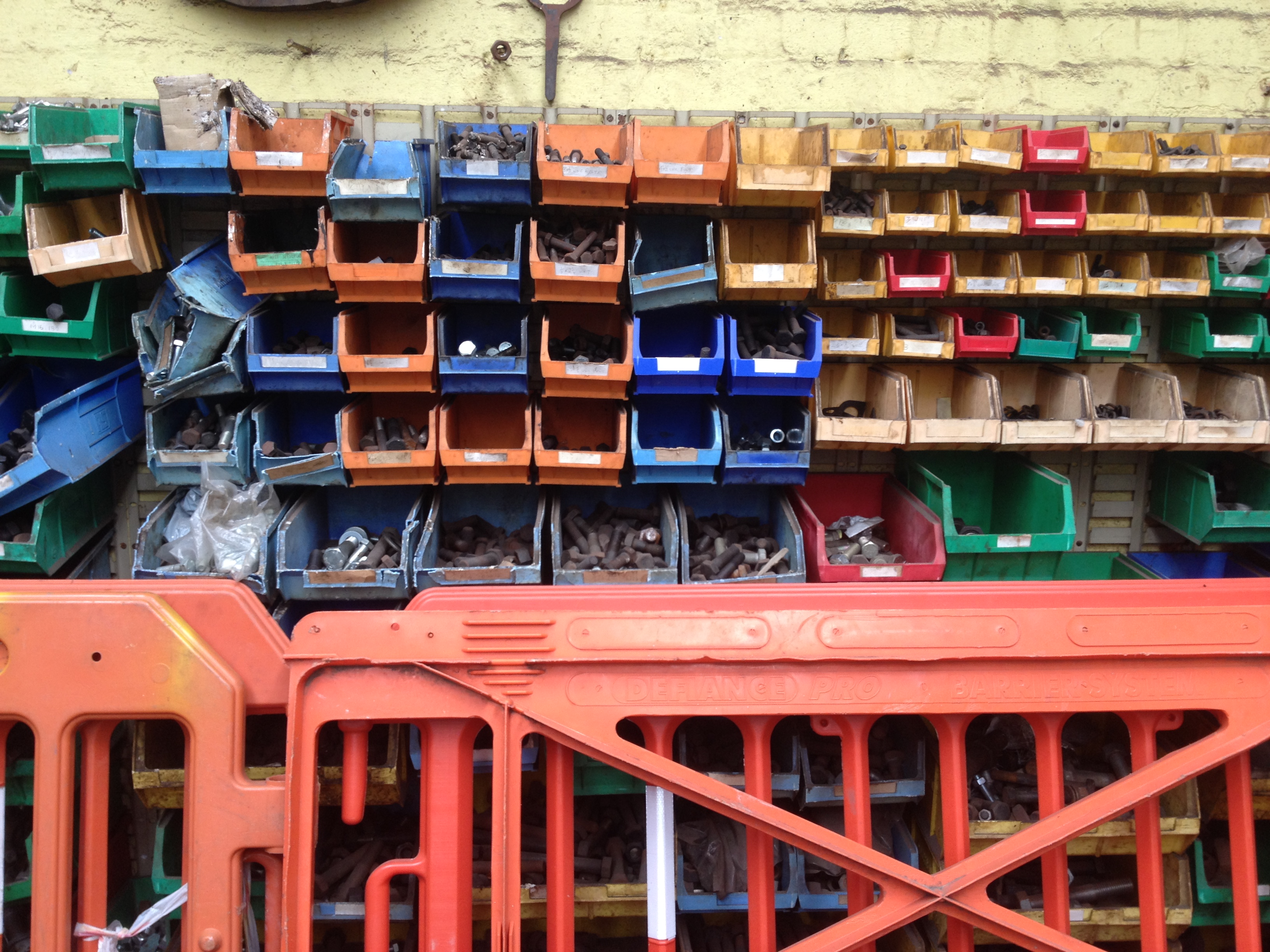The Underfall Yard Trust is delighted to welcome Suzannah V. Evans as the yard’s first Poet in Residence. An outstanding poet, Suzannah is a PhD researcher in the Department of English Studies at Durham University. Find out more about Suzannah’s work here.

First day!
‘You do just have to listen to the boatman.’
– Vahni Capildeo, ‘Inishbofin: II’
I first discovered Underfall Yard on an evening run around the city of Bristol. Reaching the tip of the harbourside, I ran through what I would later discover was a working boatyard, and was immediately drawn to the rocking boats in the water, the scattered sawdust on the ground, the orange powerhouse, the wooden pontoons. I had been hoping to complete a placement as a poet in residence as part of my doctoral studies at Durham University, and my brain started ticking: could Underfall Yard be the right place for a creative residency?
Having met and discussed the possibilities for a residency with Andrew Blayney, the Community, Learning and Volunteer Manager at Underfall Yard, I began my placement in mid-July. Andy had emphasised that the yard was an active place of boatbuilding and restoration, and I was drawn to the rough-and-ready side of the yard: the changing boats on the slipway, the bright yellow skips, the coiled ropes and netting. He also showed me around the machinery workshops, first opened in 1884, and I was delighted to see that some of the dates for machines corresponded with the lifespan and publication dates of Jules Laforgue, the Franco-Uruguayan poet who forms a part of my doctoral research. As part of my residency, then, I will also be translating some of Laforgue’s tricky, rhyme-filled, and exuberant poems, alongside some of the salty poems of Tristan Corbière, the nineteenth-century French poet with a sailor for a father.

The yard’s Victorian workshop remains in use for Harbour Maintenance. Image credit Suzannah V. Evans.
My first two weeks at Underfall Yard have been a whirlwind of activity, balanced by concentrated time soaking up the atmosphere of the boatyard. On my first day, I recorded several poems for a short film based on one of the boatbuilders in the yard, and the lightweight canoes he spends several days a week constructing. I have also been researching the history of the yard, from the creation of Bristol’s floating harbour in 1809 to Isambard Kingdom Brunel’s refinement of William Jessop’s design to make full use of sluices to clear the harbour’s siltation in the 1830s. (The sluices, known as the Underfalls, replaced the previous Overfall Dam, and give the boatyard its name.) The key aim of my residency is to write poems based on the boatyard, the Avon, and marine life beyond this, and so I have also drafted several poems, and notes for poems, the most unusual of which is titled ‘Silty, siltier, siltiest’. Aside from this, I hope to run several poetry workshops during my residency, which lasts until mid-September, and to collaborate with other organisations across Bristol to give a full portrait of Bristol’s waterways.
